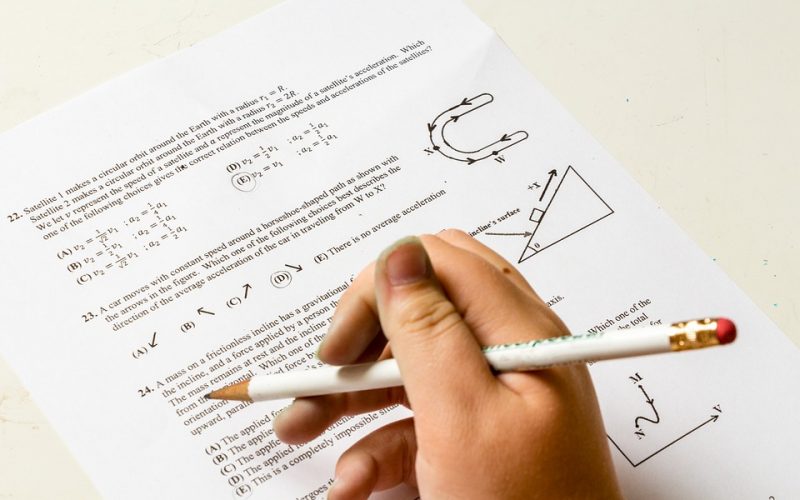To transform school tests into tools that genuinely promote learning, it is essential to re-evaluate not only what is being assessed but also how it is being assessed.
Traditional tests often focus on rote memorisation or the ability to recall facts. While this has its place, it doesn't always reflect a child's full understanding or capacity for higher-order thinking. Therefore, incorporating assessments that focus on application, analysis, and synthesis of knowledge can make tests more meaningful.
This could include project-based assessments, open-ended questions, or real-world problem-solving scenarios that require students to apply what they've learned in a practical context.
Constructive comments
Moreover, providing feedback that goes beyond a simple letter grade or percentage is crucial. Detailed feedback, which highlights both strengths and areas for improvement, can guide students and help them take ownership of their learning.
Constructive comments enable children to understand the relevance of the test and how it connects to their ongoing education journey. Feedback should encourage self-reflection and set clear, attainable goals for future improvement.
Alternative assessment options
Additionally, diversifying the ways in which students demonstrate their knowledge can create a more inclusive assessment environment. Not all students excel in standardised testing formats, so offering alternative assessment options like oral presentations, group projects, or digital portfolios can give each child a fair chance to showcase their understanding and abilities.
This approach recognises multiple intelligences and the varied ways children learn and express themselves.
Self-assessment activities
Involving students in the assessment process can also deepen their engagement and learning. Children who help develop assessment criteria or participate in self-assessment activities are more likely to understand the objectives of the exercise.
This participatory approach can increase motivation and give students a sense of agency over their learning journey. It encourages critical reflection on their work and a deeper understanding of both the subject matter and the evaluation process.
Reflective journals
Moreover, integrating formative assessments, which are assessment practices done throughout the learning process, can provide ongoing insights into a student's progress. Formative assessments inform instructional strategies while enabling students to improve incrementally before final evaluations.
Techniques like quizzes, peer reviews, and reflective journals can help teachers identify learning gaps and adapt instruction to meet students' needs dynamically.
Track progress over time
Drawing from technology can enhance the precision and reach of assessments.
Digital tools and platforms can facilitate adaptive testing, where the difficulty of questions adjusts based on the student's responses, providing a more personalised evaluation experience. Technology can also help track progress over time, offering insights into a child's growth and learning patterns that traditional methods might miss.
Integrating these technologies can streamline the assessment process, making it more efficient and customised to each student's learning journey.
Meaningful and measurable indicators
By implementing these strategies, school tests can evolve into more meaningful and measurable indicators of student learning, equipping children with the tools to thrive academically and personally.
Emphasising quality over quantity and focusing on holistic, student-centred approaches to assessment can foster a more supportive and effective educational environment.


















